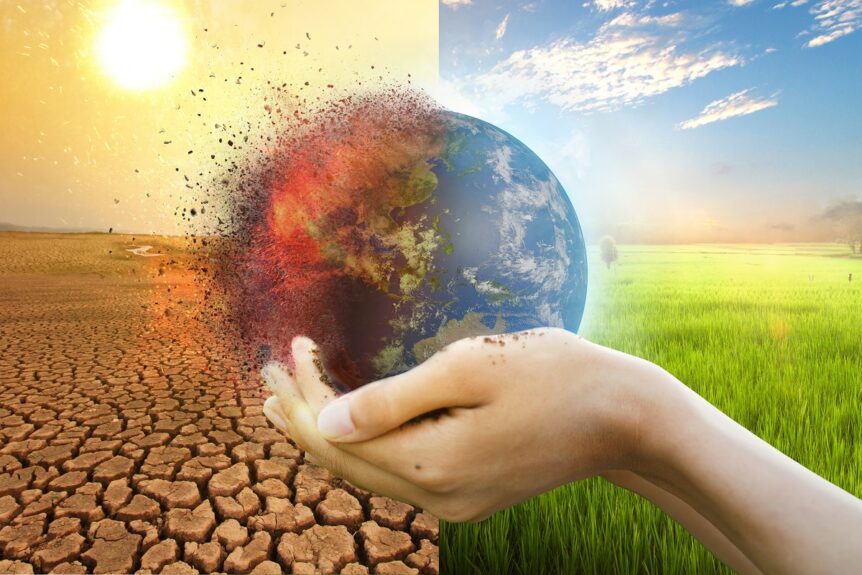Climate change denial isn’t just about ignoring science—it’s about jeopardizing our future. How are we allowing this to happen, and what are the real consequences of turning a blind eye?
1. Misunderstanding Scientific Data

Image Credit: Shutterstock / Salivanchuk Semen
Many climate deniers misinterpret short-term weather patterns as evidence against long-term climate trends. This creates a false narrative that confuses the public and stalls necessary action.
2. Ignoring Expert Consensus

Image Credit: Shutterstock / Matej Kastelic
Despite overwhelming agreement among scientists that human activity causes global warming, skeptics dismiss expert opinions. This rejection of expertise undermines public understanding and effective policymaking.
3. Undermining Environmental Policies

Image Credit: Shutterstock / fizkes
Denial efforts can delay or block critical environmental legislation aimed at reducing carbon emissions. This stalling tactic hinders progress and exacerbates the climate crisis.
4. Economic Harm
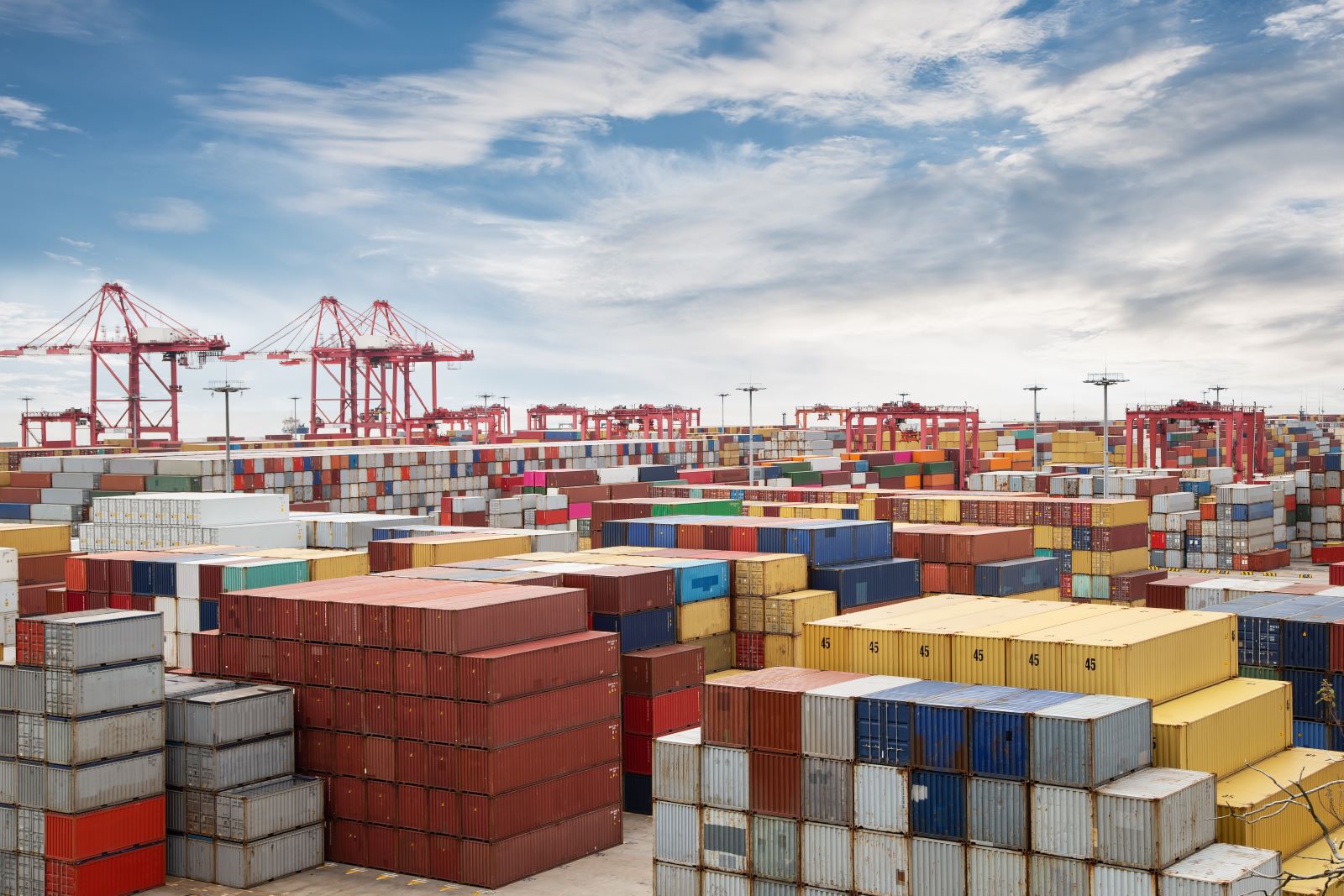
Image Credit: Shutterstock / crystal51
Delaying climate action increases the costs of addressing its impacts later. By postponing necessary measures, we risk higher expenses in the future for more drastic solutions.
5. National Security Threats
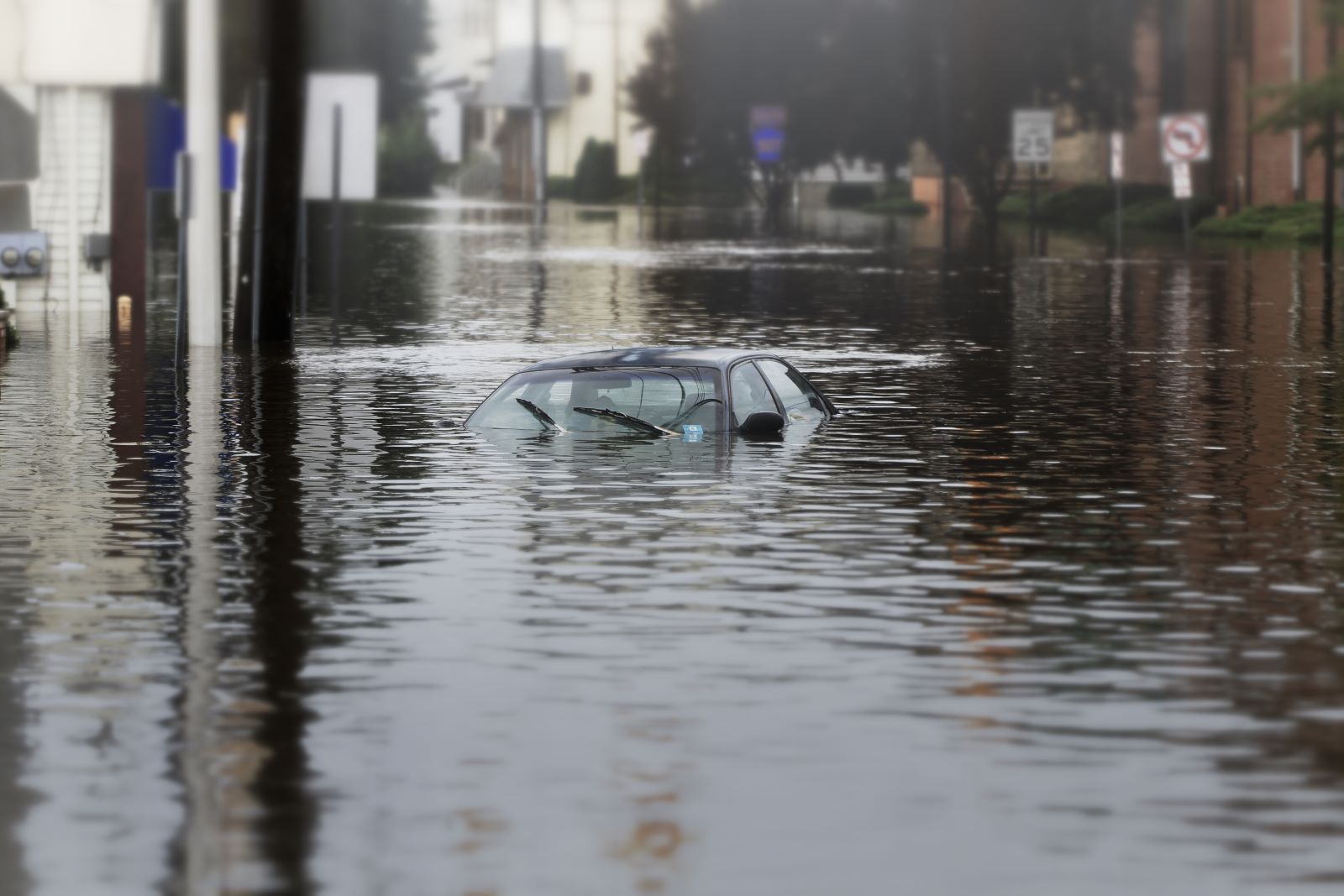
Image Credit: Shutterstock / Sabina Zak
Climate change is recognized as a threat multiplier, worsening natural disasters, resource shortages, and forced migrations. Denial prevents us from preparing for these national security risks.
6. Health Risks
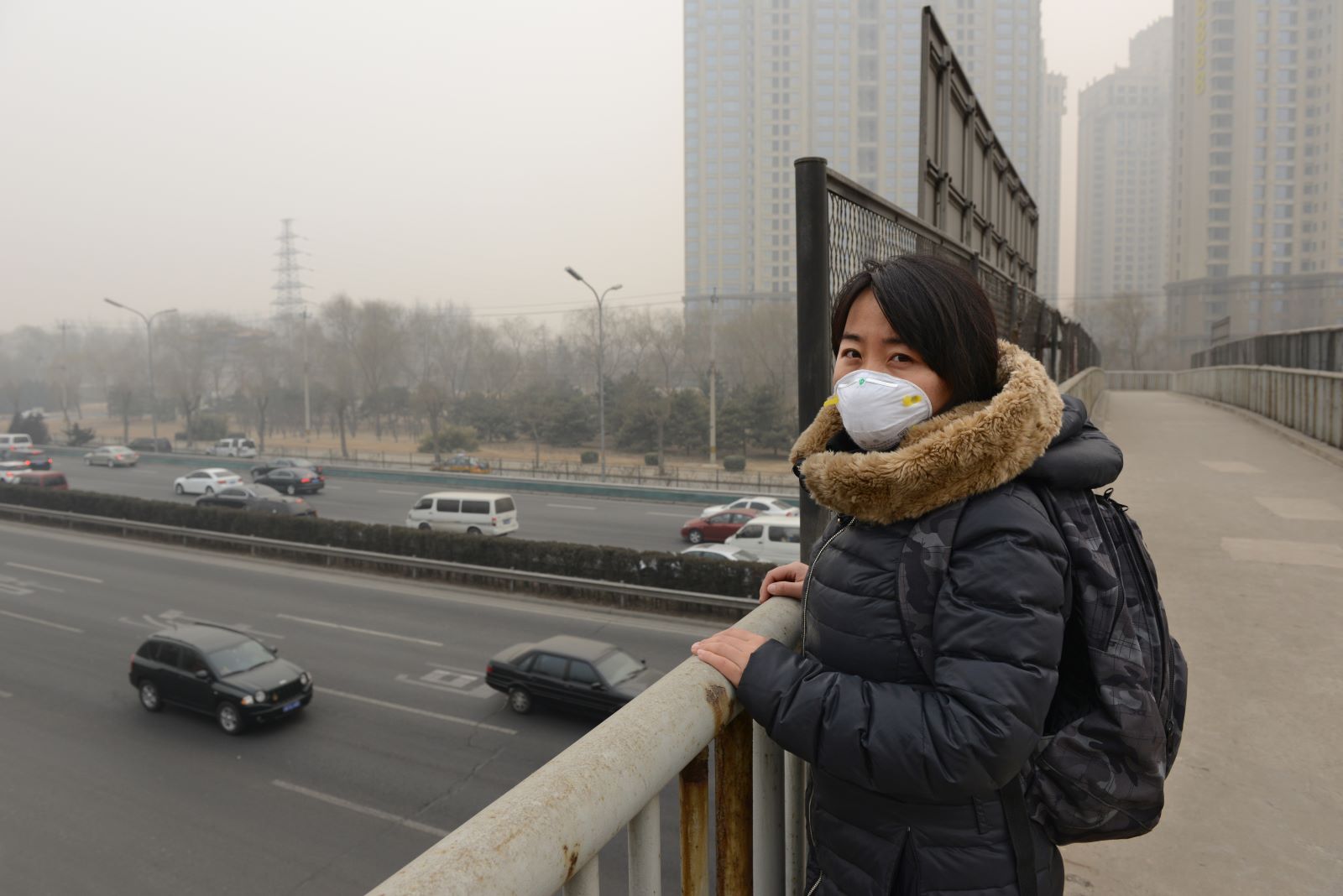
Image Credit: Shutterstock / Hung Chung Chih
Increased pollution and changing climate conditions lead to higher rates of respiratory ailments, infectious diseases, and heat-related illnesses. Denial of these risks endangers public health.
7. Impact on Education

Image Credit: Shutterstock / Matej Kastelic
Misinformation about climate change leads to a lack of proper education on the subject. Future generations remain unprepared to deal with the realities of climate change.
8. Corporate Manipulation
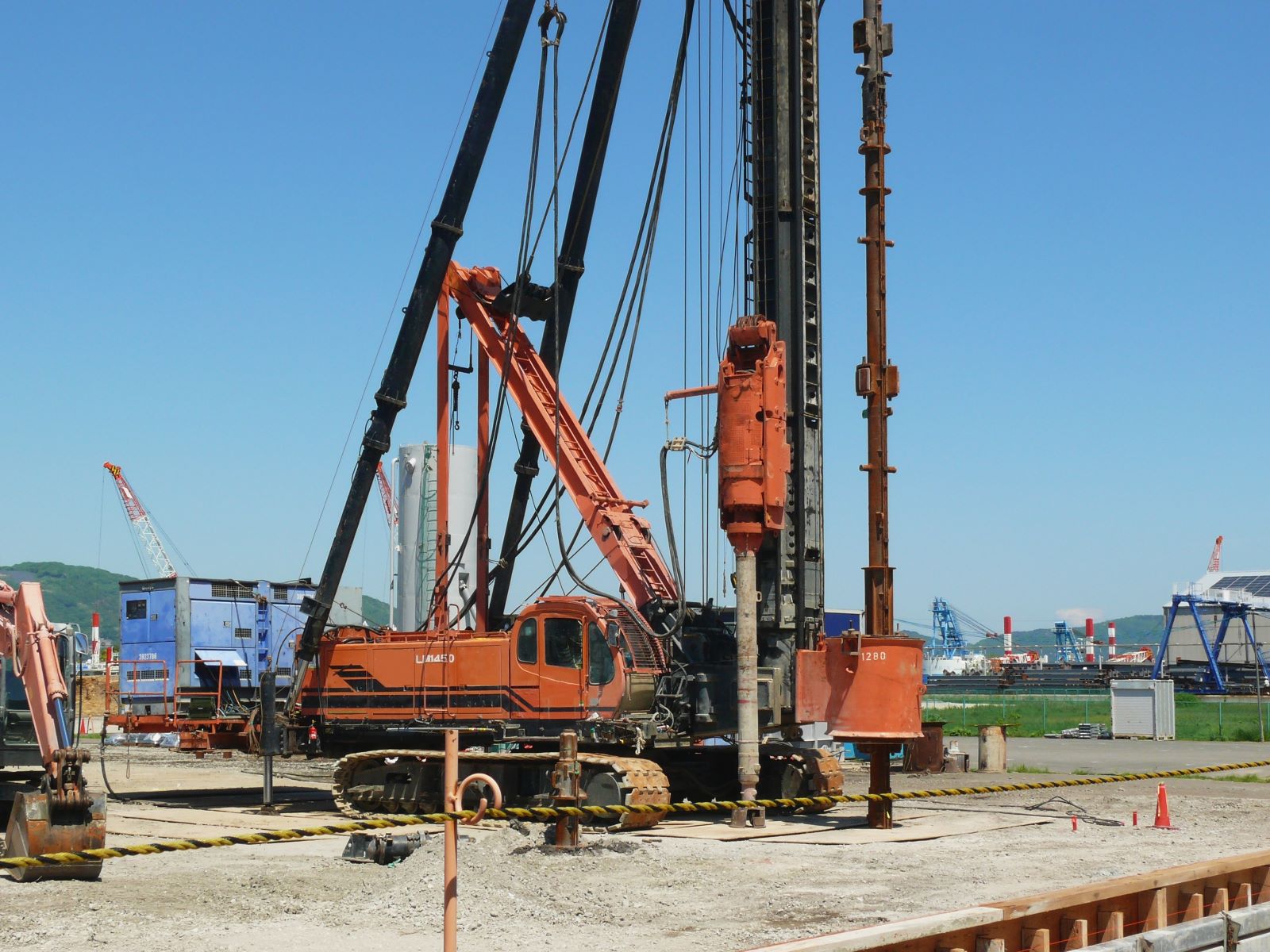
Image Credit: Shutterstock / T_Ishy
Some corporations spread disinformation to protect their interests, particularly those heavily invested in fossil fuels. This manipulation delays critical changes needed for sustainability.
9. Barrier to Innovation
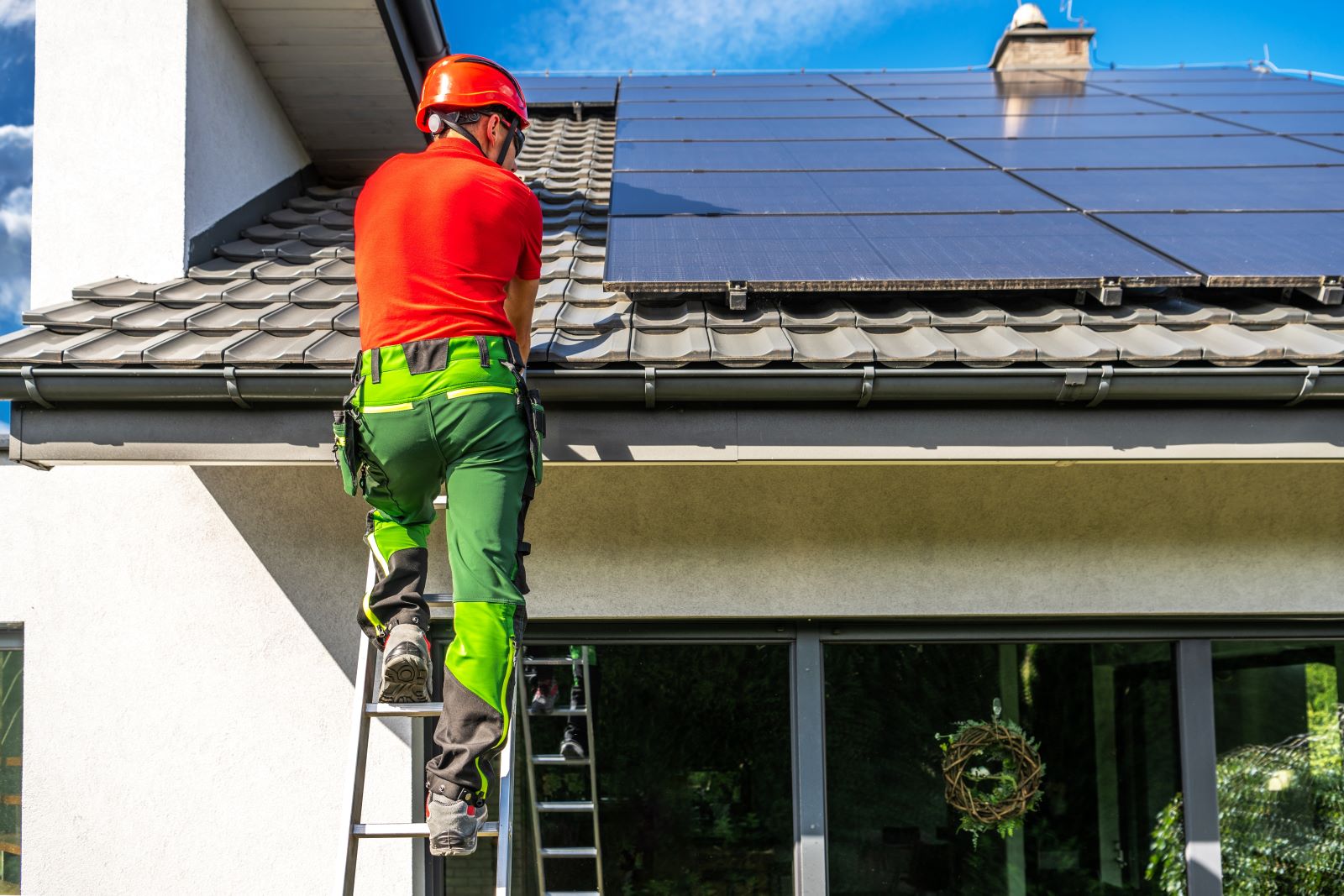
Image Credit: Shutterstock / Virrage Images
Denial slows progress on developing renewable energy technologies and other innovations that could mitigate climate impacts. This stifling of progress harms economic and environmental health.
10. Social Division

Image Credit: Shutterstock / wellphoto
Climate change denial feeds into political polarization, creating divisions that hinder collective action. These divisions make it more difficult to enact comprehensive climate policies.
11. Impact on Agriculture
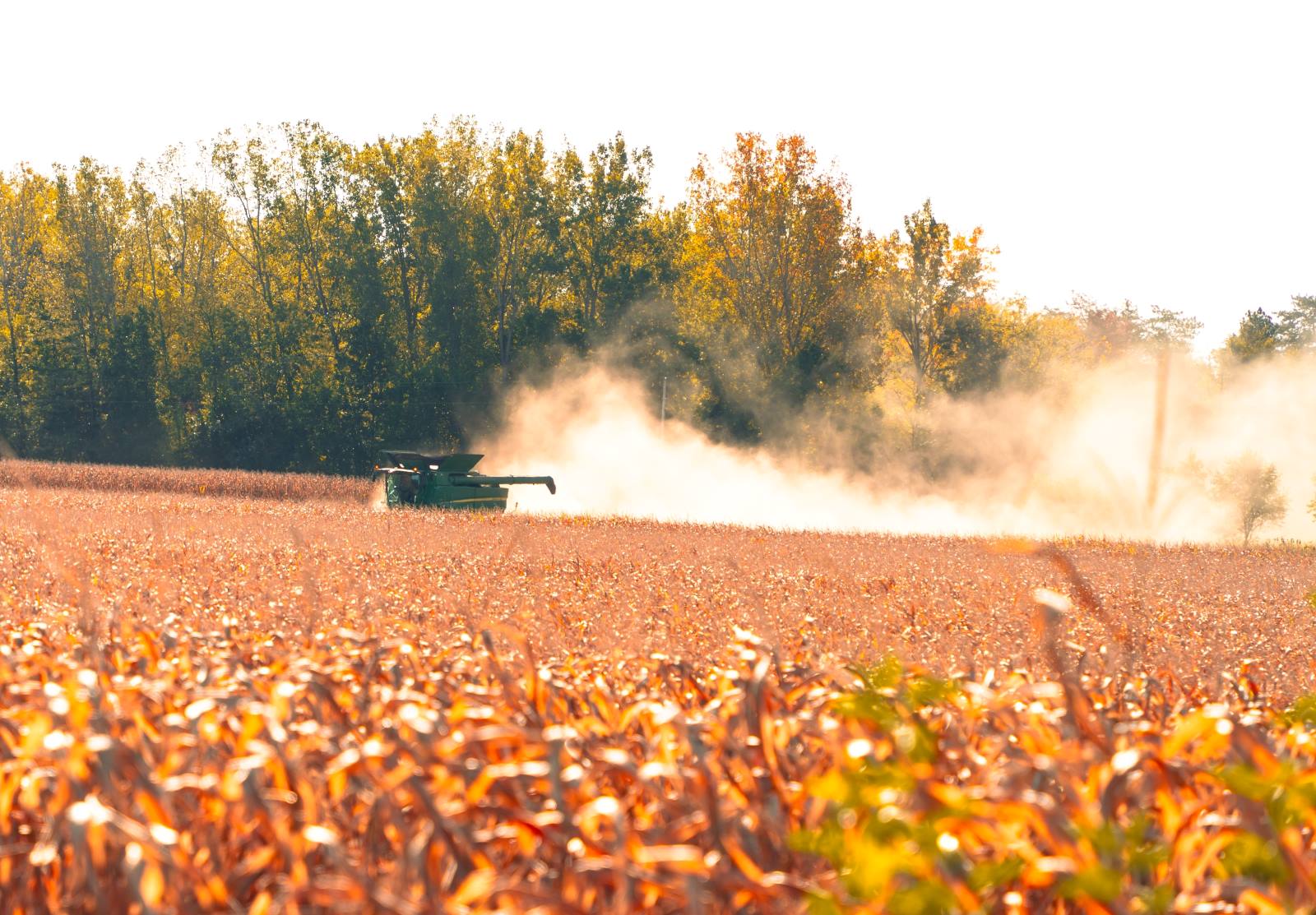
Image Credit: Shutterstock / BTG Photographer
Ignoring climate risks can lead to inadequate preparation for changing agricultural conditions, affecting food security. Farmers face unpredictable growing seasons and extreme weather.
12. Loss of Biodiversity
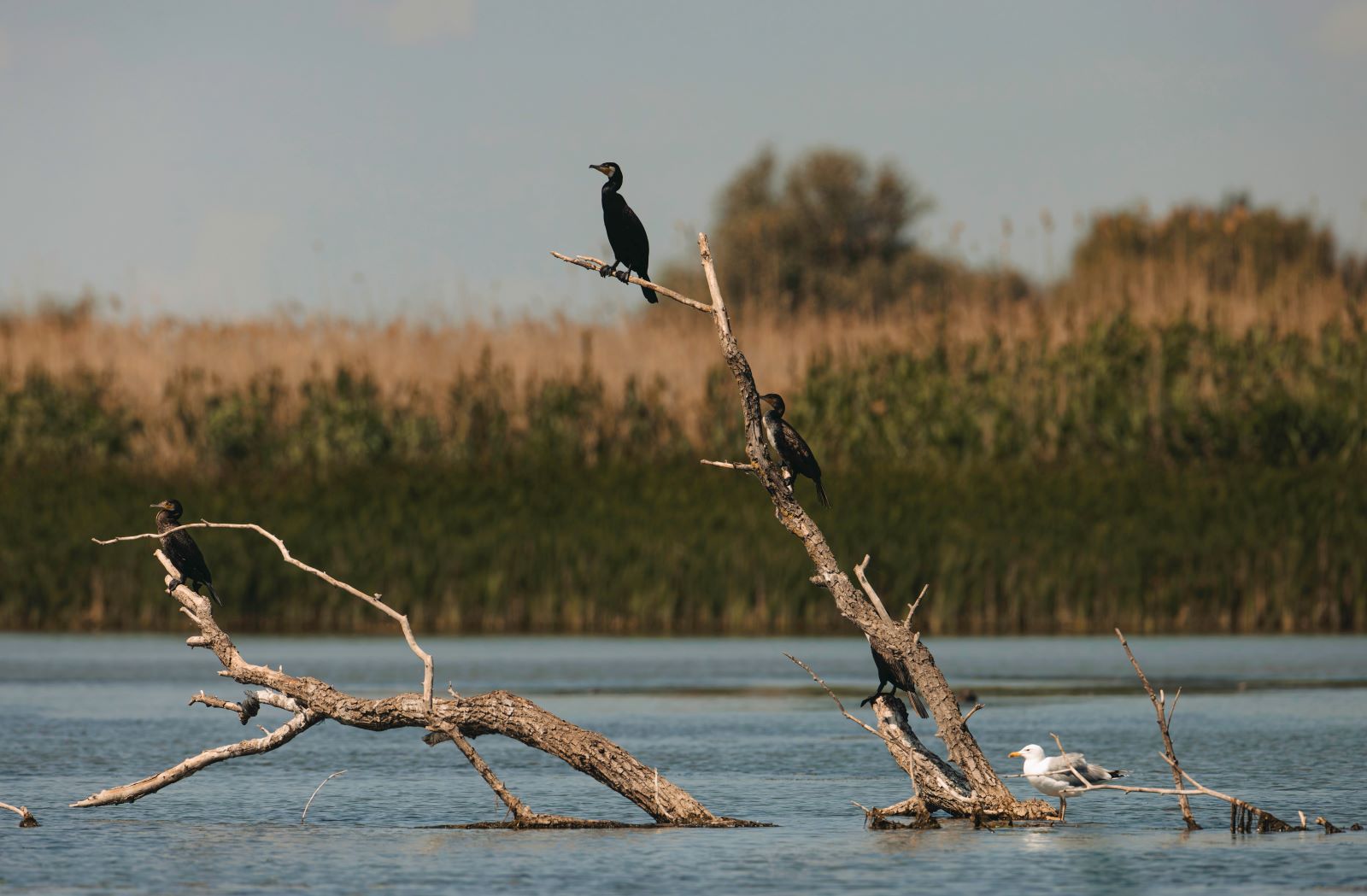
Image Credit: Shutterstock / MAD.vertise
Ignoring climate change accelerates the loss of habitats and species, reducing biodiversity. This loss disrupts ecosystems and diminishes natural resources.
13. Water Scarcity
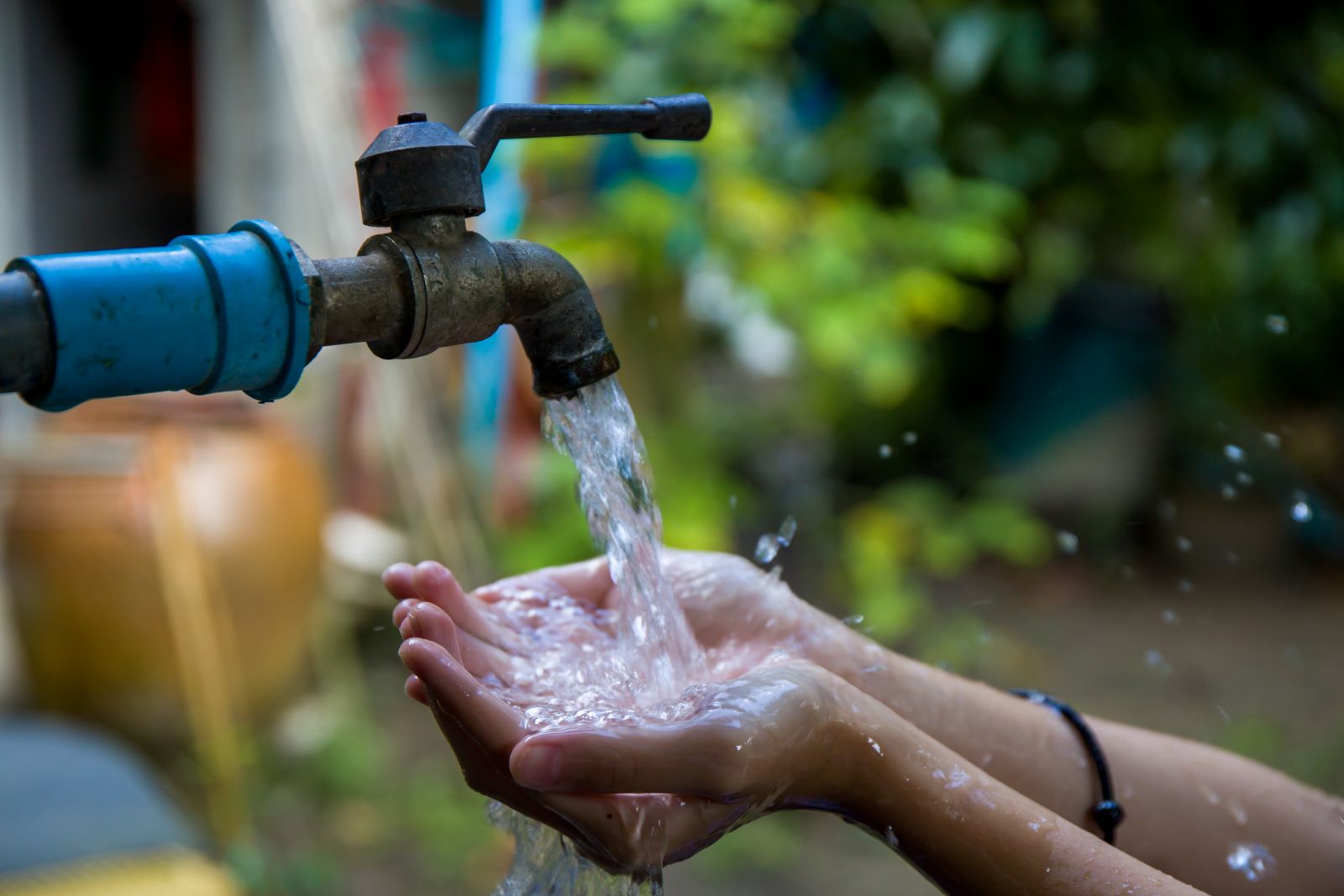
Image Credit: Shutterstock / SIRNARM USAVICH
Denial can delay action on managing water resources in the face of changing rainfall patterns, leading to shortages. Proper management is essential for maintaining supply.
14. Economic Inequality
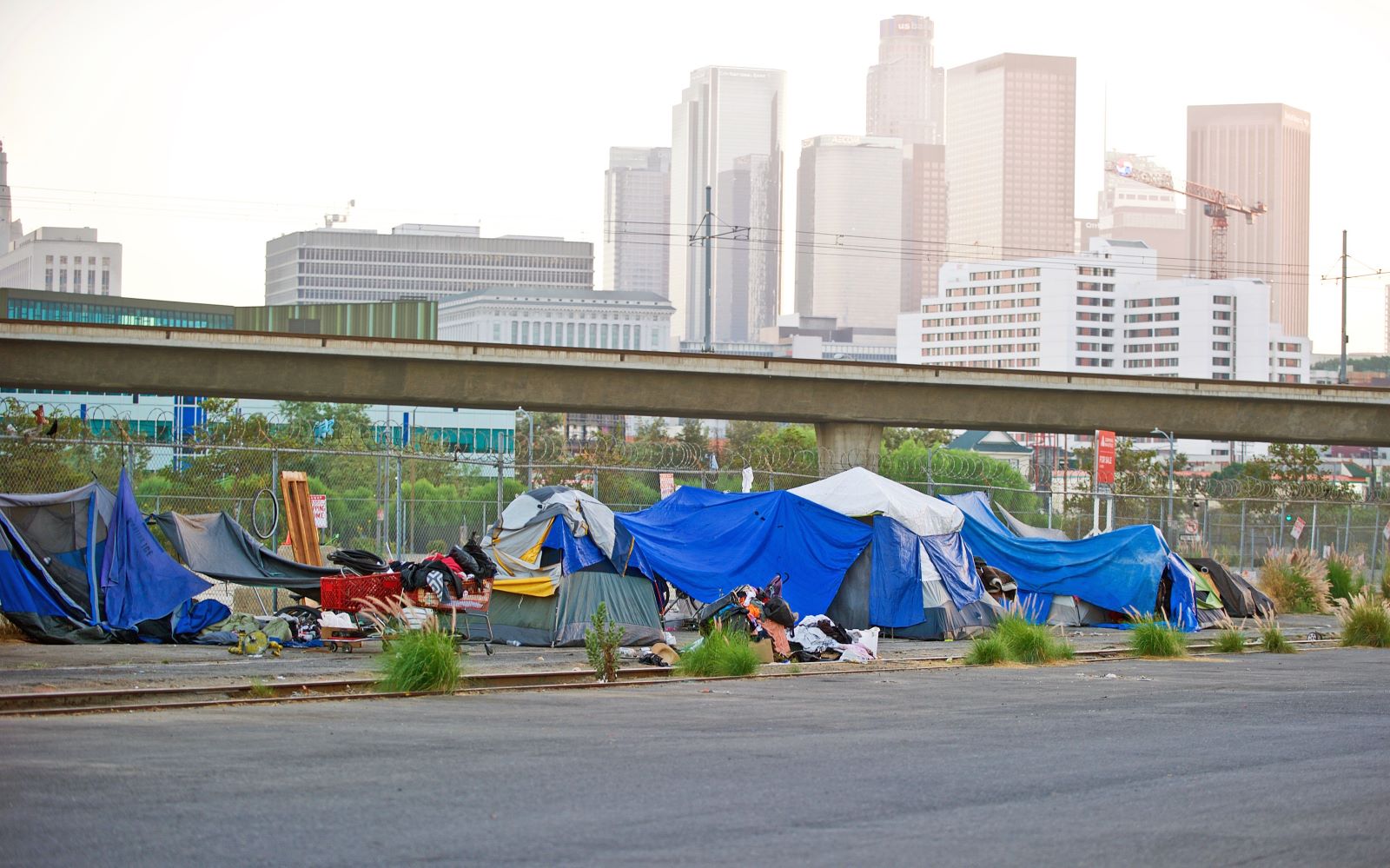
Image Credit: Shutterstock / Philip Pilosian
The poorest communities, least able to adapt, suffer the most from climate change effects. Denial exacerbates these inequalities, leaving vulnerable populations at greater risk.
15. Damage to Coastal Cities
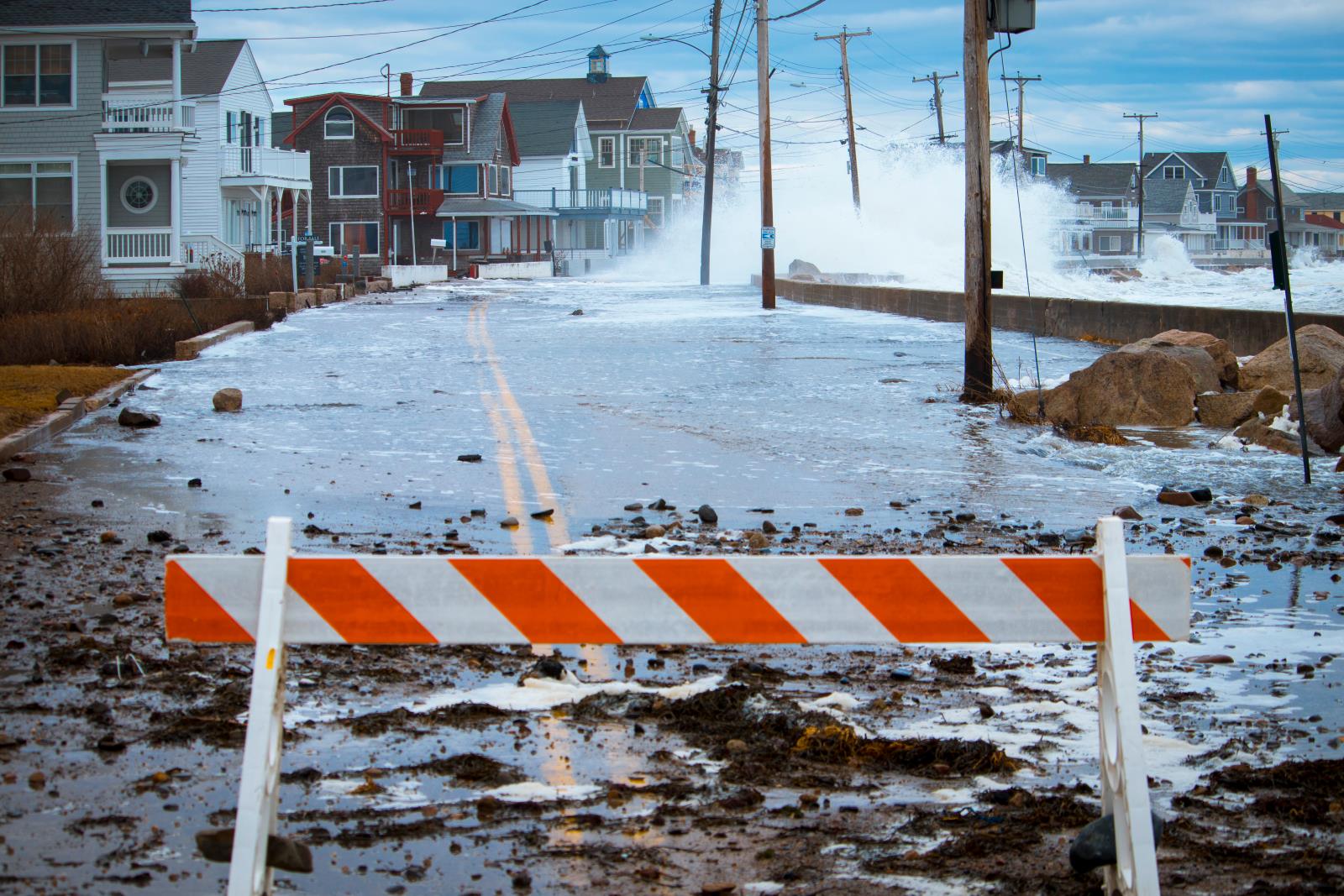
Image Credit: Shutterstock / Arthur Villator
Rising sea levels and increased storm surges threaten major cities. Denial impedes preparation and adaptation strategies, putting millions at risk.
16. Energy Wastage

Image Credit: Shutterstock / Ratchat
Without recognizing the need for change, energy continues to be wasted. Adopting better policies and technologies could save significant amounts of energy.
17. Overexploitation of Resources
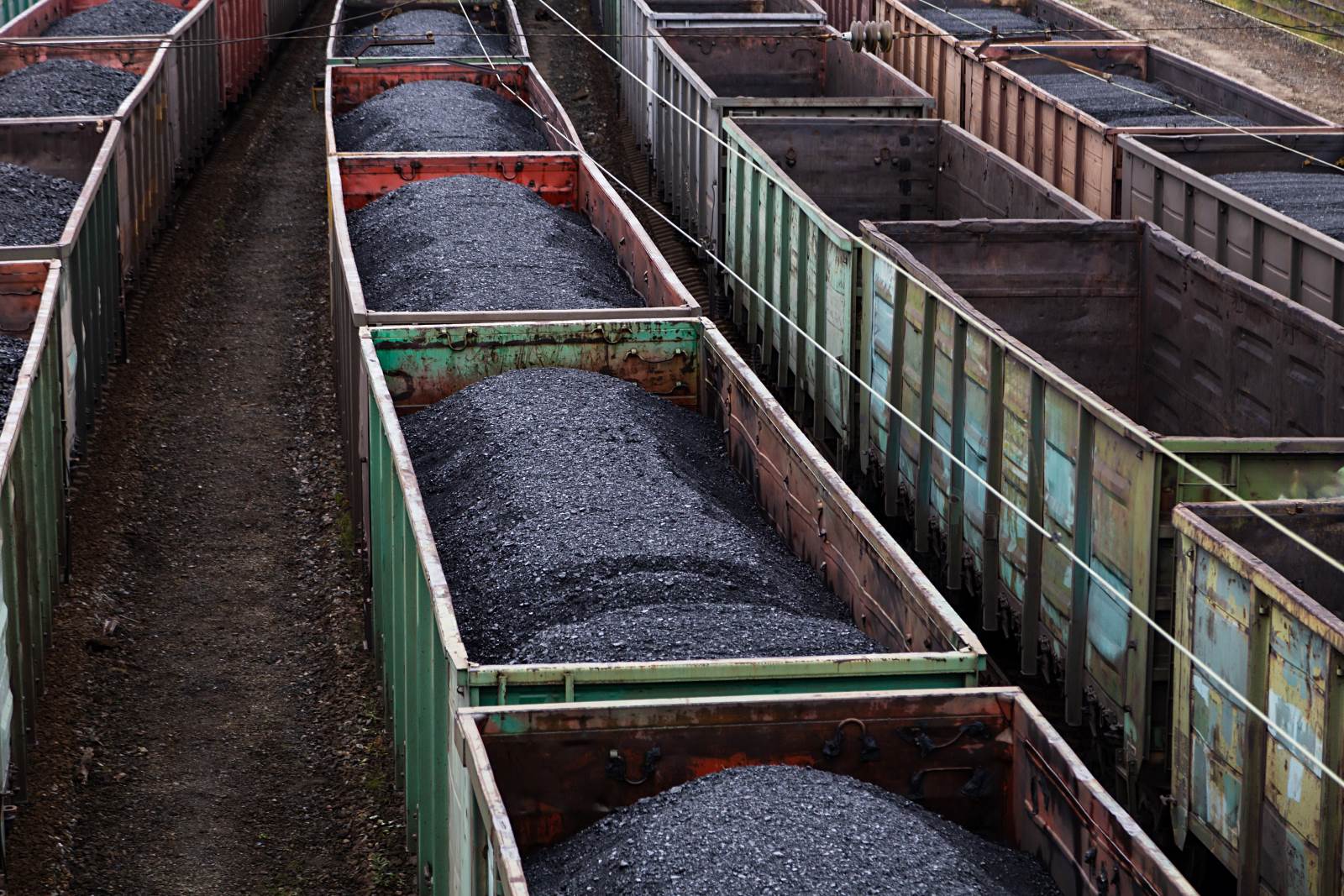
Image Credit: Shutterstock / Fiordaliso
Denial leads to continued overexploitation of natural resources, hastening ecological degradation. This unsustainable practice endangers future generations.
18. Obstructing International Agreements

Image Credit: Shutterstock / Tsuguliev
Skepticism and denial make it difficult to reach and implement international agreements on climate action. Global cooperation is essential for meaningful progress.
19. Reducing Public Engagement

Image Credit: Shutterstock / Life and Times
Widespread misinformation can lead to public apathy and reduced civic engagement necessary to drive policy changes. Public support is crucial for effective climate action.
20. Misallocation of Funds

Image Credit: Shutterstock / Ground Picture
Resources that could be used to combat climate change are instead spent countering misinformation and denial. This diversion of funds slows down progress.
21. Jeopardizing Future Generations
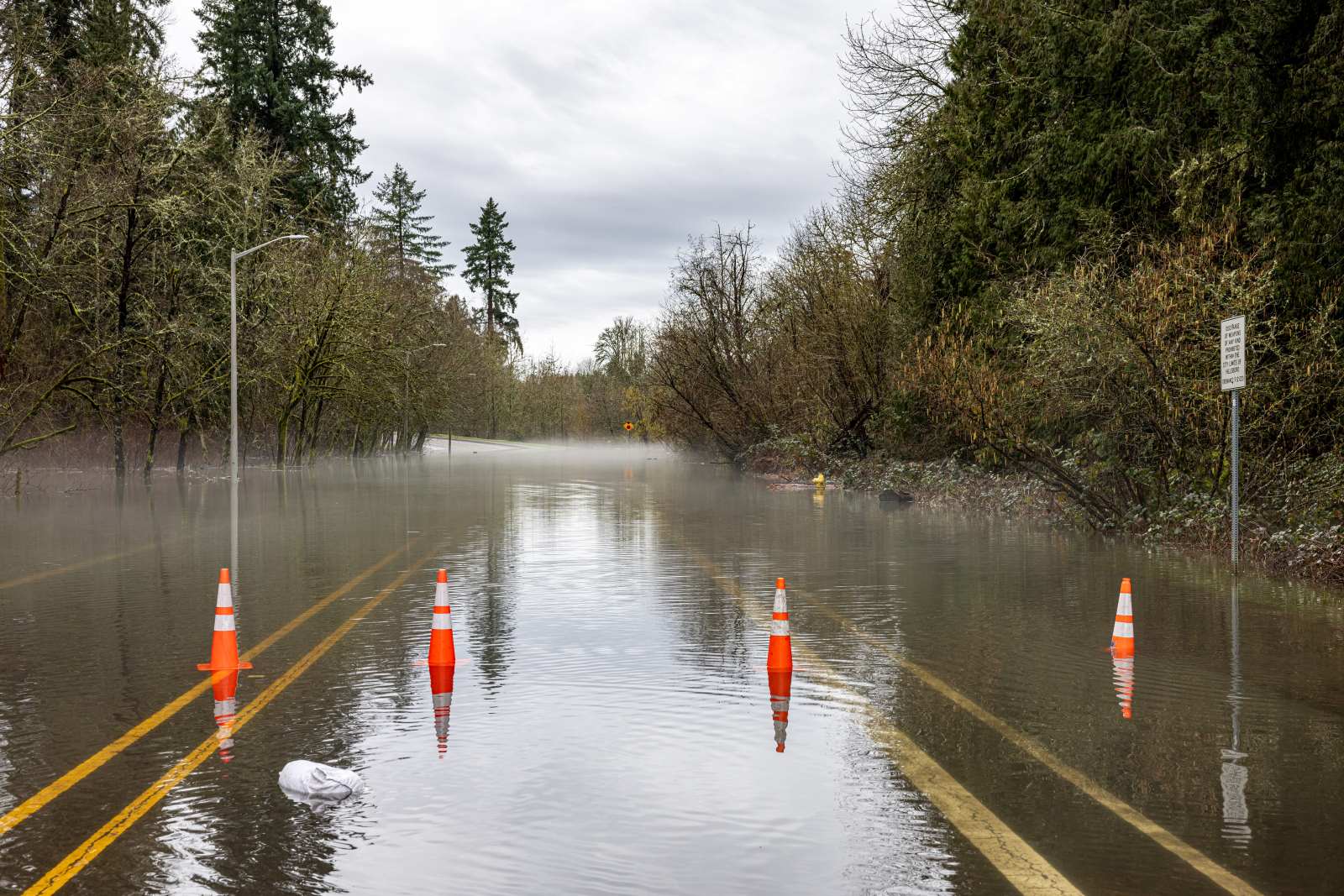
Image Credit: Shutterstock / Bandersnatch
Ultimately, denying climate change risks leaves a damaged planet for future generations. This limitation of opportunities and quality of life is a profound legacy of denial.
Wake Up and Smell the Carbon

Image Credit: Shutterstock / Rawpixel.com
Climate change denial isn’t just about ignoring facts—it’s about endangering our future. If we don’t tackle these issues head-on, the consequences will be dire. It’s time to wake up, take responsibility, and start making choices that protect, not harm, our planet.
Featured Image Credit: Shutterstock / Piyaset.
For transparency, this content was partly developed with AI assistance and carefully curated by an experienced editor to be informative and ensure accuracy.

